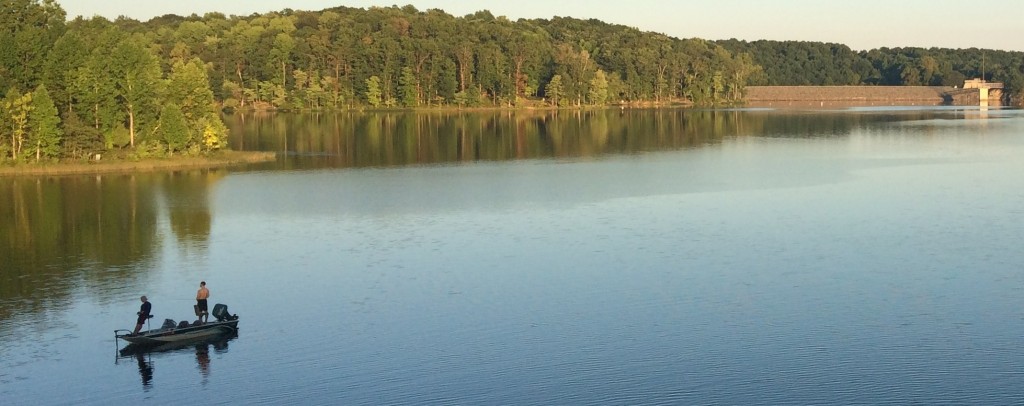Strong regional planning has provided the metropolitan Washington Area with a reliable supply of drinking water for decades. Regional growth and climate issues spurred an important study that examines how the region might supplement water supplies for the future of the region. The report assesses a range of new management protocols, storage, and technology.
The Commissioners of the Interstate Commission on the Potomac River Basin (ICPRB) recently passed a resolution commending the Washington Metropolitan Area Water Supply Alternatives Study, and encouraging area stakeholders and water managers to work together to implement the study’s recommendations.
The study, performed by the ICPRB Section for Cooperative Water Supply Operations on the Potomac (CO-OP), assesses a range of solutions to increase the capacity of the region’s water supply, which may not meet unrestricted demands under all conditions by 2040. The study provides information on alternatives to ensure reliable drinking water supplies over a planning horizon extending to 2085. Alternatives were evaluated by their abilities to maintain a reliable water supply that includes growing metropolitan area water demand, decreasing river flows due to upstream use, and the potential impacts of climate change.
“The Commission encourages regional and federal stakeholders, planners and policymakers to review the report’s findings and strongly consider implementation of recommended options. The Commission is committed to continuing its role in facilitation of this process between the multiple stakeholders where it has the authority, resources and relevant expertise,” the resolution noted.
###

